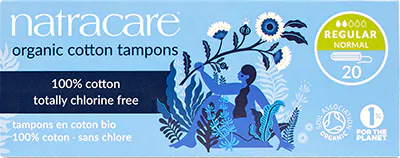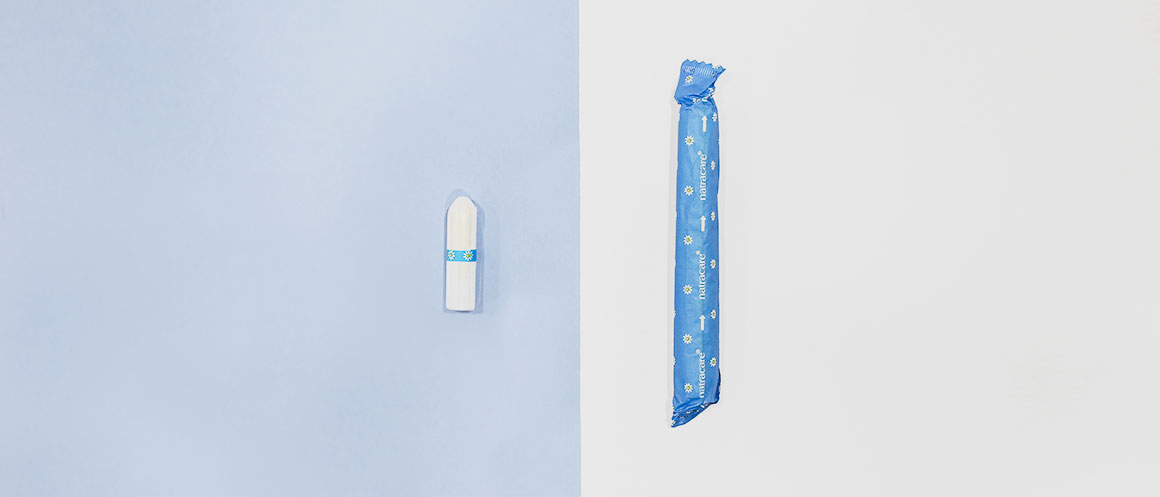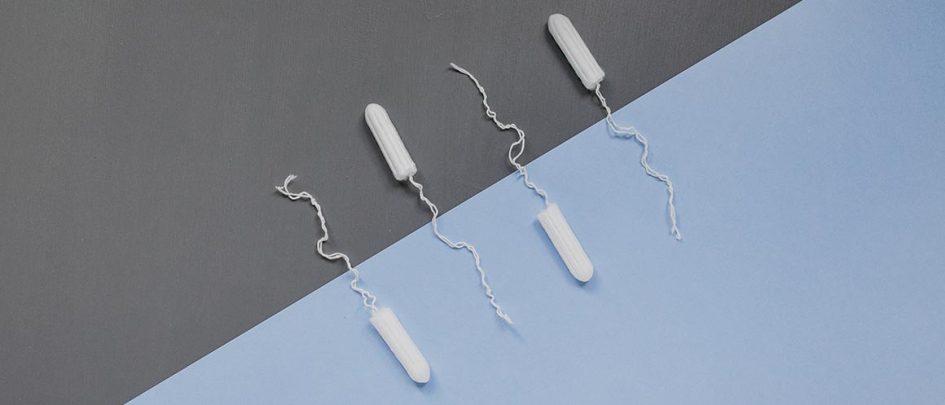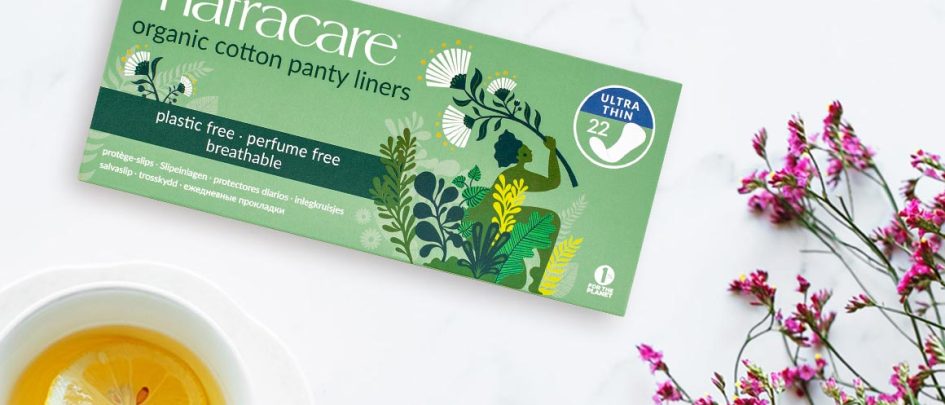Pads, panty liners, cups, cloth pads… there are plenty of period products out there to choose from. If you’ve picked tampons as your menstrual management companion, you’ve got another choice to make; applicator or non-applicator tampons or switch?
Before we go into the ins and outs of using the two types of tampons, have you thought about these questions?
- Do you know what absorbency level you need? Using one that has a higher level of absorbency than you need can not only be uncomfortable, but can increase the risk of TSS. We can safely say that that’s not something you want to risk getting. Always go for the lowest possible absorbency to match your flow.
- How well do you know your body? Everyone’s vagina is different. What works for people you know might not necessarily work for you. Bear this in mind when it comes to your period products.
- Have you researched how tampons work and how to use them? Once you dive a little deeper into the technicalities of tampons, you might be overwhelmed by the idea of using them or suddenly want to switch from one tampon style to another?
- Which brand will you choose? We’re not trying to be overly bias but ours are made from 100% organic cotton, are biodegradable and compostable – better for the environment and your body!
Once you think you’ve given it some thought, it’s time to check out the pros and cons of both applicator and non-applicator tampons…
Should I use non-applicator tampons?
Non-applicator tampons are inserted into your vagina using your fingers as a guide.
Pros
- Non-applicator tampons are the more affordable choice between the two, you’ll save yourself a little money every cycle.
- Non-applicator tampons are much smaller and easier to carry around.
- Being smaller means less packaging and waste, which is more environmentally friendly, especially if you’re using biodegradable, organic cotton tampons.
- You’re in total control of how a non-applicator tampon goes into your vagina, and can adjust how it sits based on what the most comfortable spot for you is.
Cons
- Using a tampon without an applicator is messier as you use your finger to insert. It has got to go right inside your vagina for it to fit in properly, meaning more blood gets on your hands.
- It takes a little bit more time and practise to familiarise yourself with your body to get a non-applicator tampon in smoothly. This can be seen as good practice getting comfortable with your body.
Should I use applicator tampons?
Applicator tampons are exactly the same as non-applicator tampons but instead of inserting the tampon directly with your fingers, they come with either a plastic or cardboard applicator designed to help with insertion.
Pros
- Applicator tampons help to do the hard work by pushing the tampon in for you. They’re arguably more comfortable and easier to use!
- If you’re new to tampons, using applicators is a safe way to know your tampon will be pushed in properly and securely.
- Using applicator tampons can be less messy as the applicator deals with the blood, rather than your finger.
Cons
- Applicator tampons are larger and use more materials, this means that there will be more waste overall.
- Applicator tampons tend to be more expensive because they are manufactured using more materials and the applicator accessory.
- Did you know about 20% of vaginas have a naturally retroverted uterus (where the uterus tilts backwards towards the spine instead of forwards)? Using an applicator can be more painful and inflexible to insert if you have one.
- If your tampon feels uncomfortable, readjusting the position means you’ll have to use your fingers, which makes the point of using an applicator tampon redundant.
There is no right or wrong style tampon to choose. An applicator is a great starter for using tampons if you’re a beginner to them or you’re just starting your period. There’s still a learning curve but it’s definitely easier to get to grips with.
If you’re thinking more consciously about your consumption, and are no stranger the realities of period blood, then a non-applicator tampon will be the right fit for you. You might also feel easy about which tampon type you want to use and switch it up to whatever is available!
Whichever style tampon you choose, make sure you have clean hands and take a minute to feel calm and comfortable before putting one in. Read this guide on how to put tampons in (with handy videos!).
Plastic in your tampon?
Conventional tampons contain plastic, meaning they’ll never biodegrade. Protect our planet by choosing organic and natural period products.

Make the switch today
Inserting a tampon
Once you’ve selected your tampon of choice, it’s important to make sure you know how to use your tampon properly. Firstly, wash your hands thoroughly with soap to avoid getting unwanted bacteria in or near your vagina. Then get into the best position to put your tampon in. Check out the rest of our guide on how to put a tampon in and prevent leaks.
Removing a tampon
You should change your tampon every 4-6 hours to maintain good period hygiene and reduce the risk of getting Toxic Shock Syndrome. When you’re ready to take your tampon out, go to the bathroom and wash your hands, and simply pull gently on the tampon string until the tampon is out. Remember to never flush your tampons, dispose of them in your bathroom waste bin instead!
Don’t be ashamed to talk to family or friends about your period – we all have them! They might have some words of wisdom or funny stories to share that’ll help with your choice. You can buy Natracare’s 100% GOTS organic cotton tampons in applicator or non-applicator styles. Message us on Facebook or Instagram if you have any period-related questions.













Non-applicator and it really annoys me that tampons are harder to find where natracare is stocked.
Hi. For years I used tampons and left the applicator inside without knowing.
Should I consult my doctor?? Is it a problem?
Thank you.
Hello, it might be a good idea to consult your doctor if you’re worried about this, if for nothing else then for peace of mind.